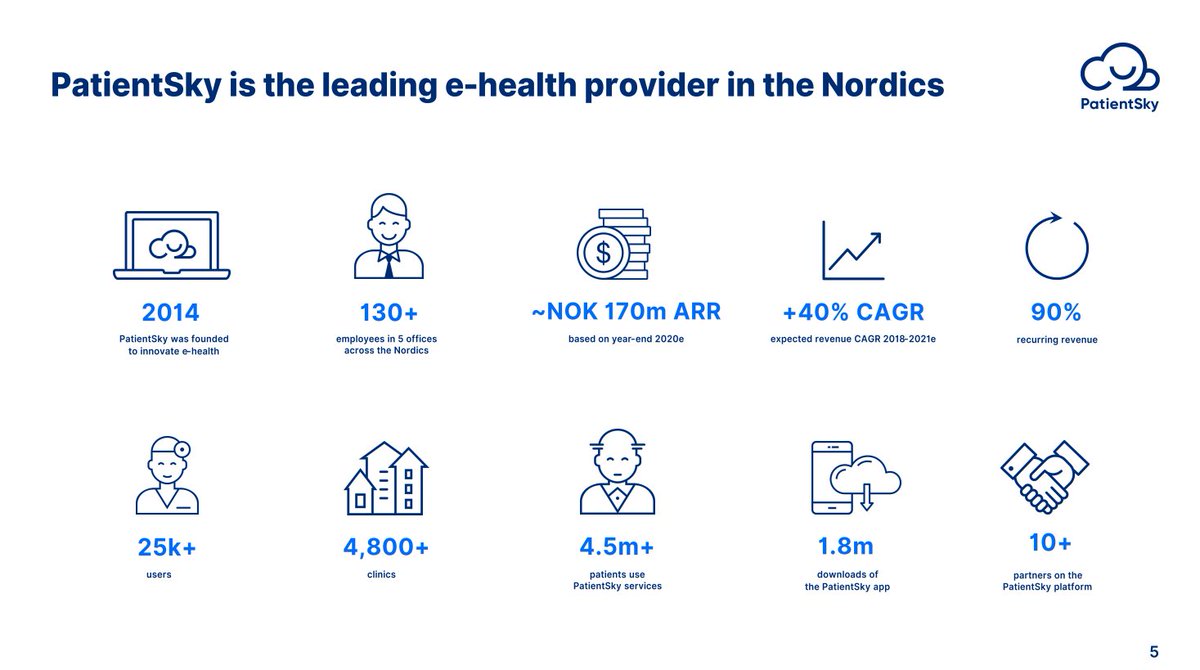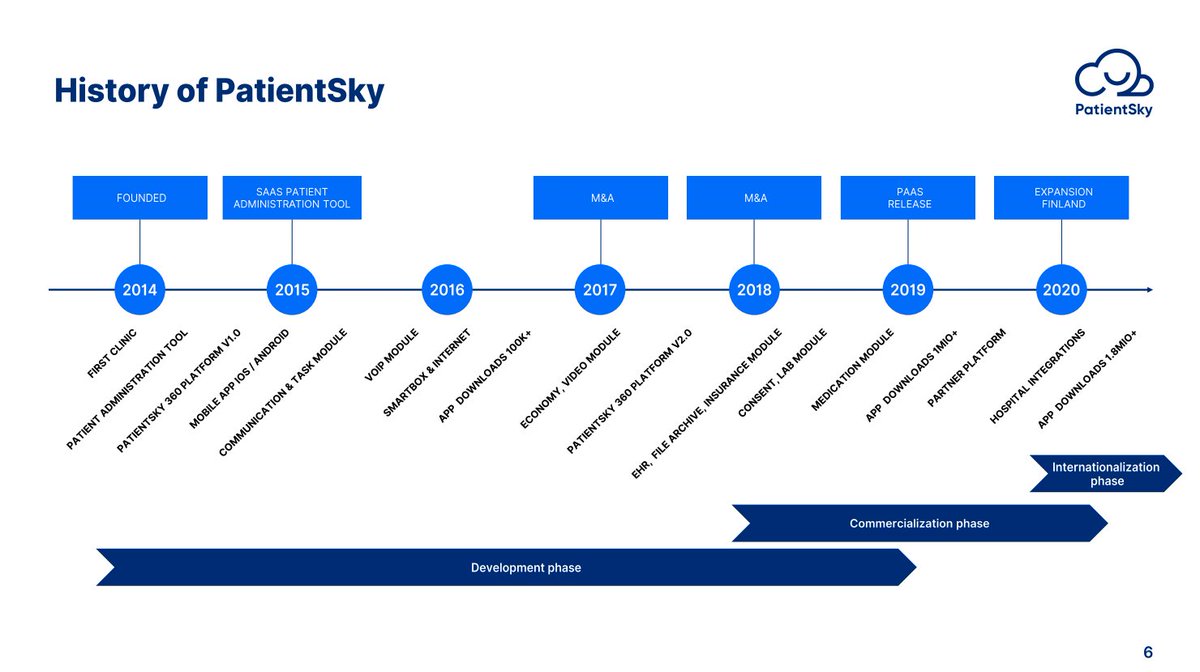(RM Jr of worm fame was just a kid then.)
AFAIK the only group to discover Ken’s hack was us in PWB/UNIX. One of the other guys noticed C prepreprocessor had gotten bigger, looked at binary namelist, found symbol not in source code. I got onto Ken’s system, found the code, very clever.
(RM Jr of worm fame was just a kid then.)
More chortling, then (must have been Bob): uhh, NSA really doesn’t have sense of humor.
We did audit, agreed with that, BUT:
1) Many terminals had yellow stickies with root password.
2) They’d reused unused lab space w/o adequate HVAC, room got hot, so they often left door open.
As usual, good tech helps, but human error/laziness must always be guarded against.
Same thing happened later with workstations & then PCs: user depts got impatient with central IT.
Just as happened later with workstations/PCs, BTL Directors found that running own computer center well was a pain. The main computer centers then offered to do facilities management, with good HVAC,
I recall centralized mainframe service bureaus of 1960s,reborrn as cloud🙂
More from Software
You May Also Like
"I lied about my basic beliefs in order to keep a prestigious job. Now that it will be zero-cost to me, I have a few things to say."
We know that elite institutions like the one Flier was in (partial) charge of rely on irrelevant status markers like private school education, whiteness, legacy, and ability to charm an old white guy at an interview.
Harvard's discriminatory policies are becoming increasingly well known, across the political spectrum (see, e.g., the recent lawsuit on discrimination against East Asian applications.)
It's refreshing to hear a senior administrator admits to personally opposing policies that attempt to remedy these basic flaws. These are flaws that harm his institution's ability to do cutting-edge research and to serve the public.
Harvard is being eclipsed by institutions that have different ideas about how to run a 21st Century institution. Stanford, for one; the UC system; the "public Ivys".
As a dean of a major academic institution, I could not have said this. But I will now. Requiring such statements in applications for appointments and promotions is an affront to academic freedom, and diminishes the true value of diversity, equity of inclusion by trivializing it. https://t.co/NfcI5VLODi
— Jeffrey Flier (@jflier) November 10, 2018
We know that elite institutions like the one Flier was in (partial) charge of rely on irrelevant status markers like private school education, whiteness, legacy, and ability to charm an old white guy at an interview.
Harvard's discriminatory policies are becoming increasingly well known, across the political spectrum (see, e.g., the recent lawsuit on discrimination against East Asian applications.)
It's refreshing to hear a senior administrator admits to personally opposing policies that attempt to remedy these basic flaws. These are flaws that harm his institution's ability to do cutting-edge research and to serve the public.
Harvard is being eclipsed by institutions that have different ideas about how to run a 21st Century institution. Stanford, for one; the UC system; the "public Ivys".

























